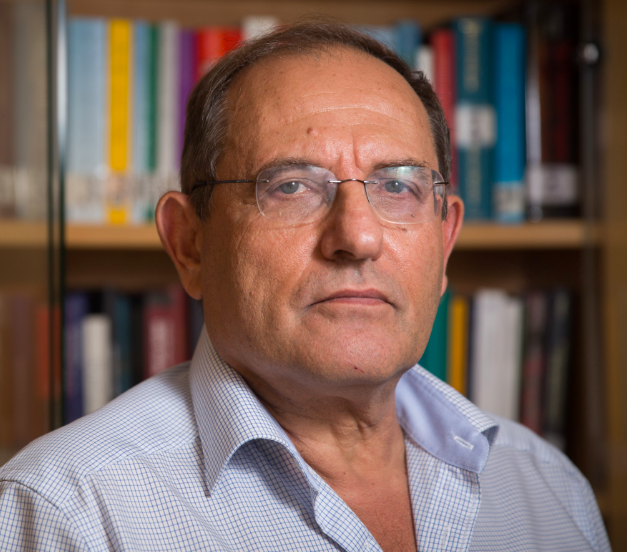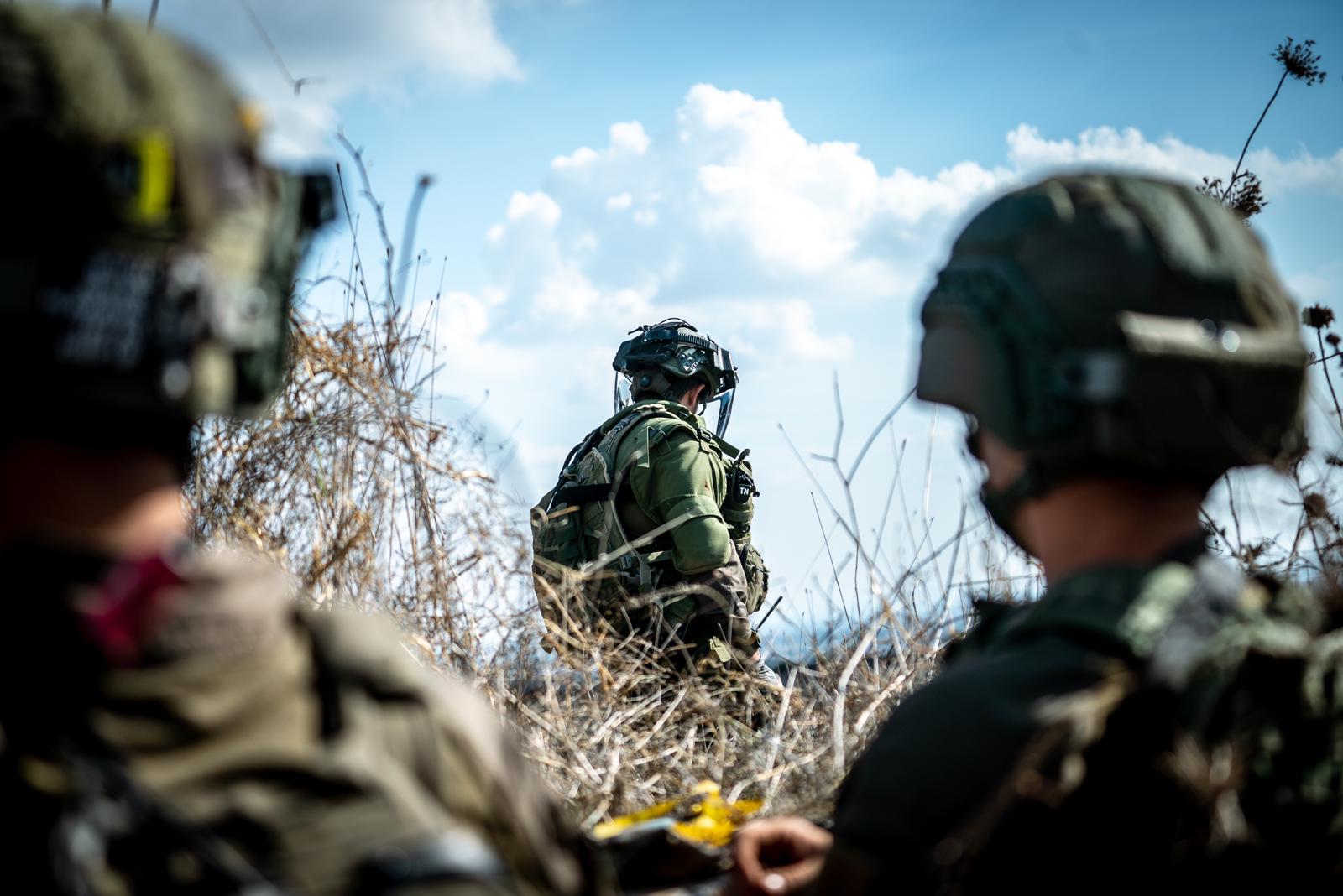Two Small Steps on the Long Road to Suppressing Unlawful Security Interrogations in Israel
The application of special interrogation techniques by the Israel Security Agency (ISA) has generated considerable controversy in Israel since the mid 1980s.
The application of special interrogation techniques by the Israel Security Agency (ISA) has generated considerable controversy in Israel since the mid 1980s. In 1987, following major public scandals relating to the use of torture in security interrogations, a governmental commission of inquiry headed by retired Israeli Supreme Court Justice Moshe Landau outlawed the use of physical coercion in ISA interrogations, but left an exception for “moderate physical pressure” in “necessity” situations, not necessarily “ticking bomb” situations. The government adopted the report. Twelve years later, in Public Committee against Torture v Israel, the Supreme Court issued a landmark judgment outlawing the special interrogation techniques approved by the government on the basis of the Landau Report, such as “shaking” and “stress positions.” The court stated, nevertheless, that the defense of necessity remains available to ISA investigators, as a post factum defense, when its conditions are met.
Still, in the years that have followed, interrogees have continued to submit complaints of ISA use of physical coercive measures or  measures amounting to mental torture. Yet none of these complaints has led to criminal investigations against ISA interrogators. Furthermore, the ISA has strongly resisted all attempts to record its security interrogations. Both the lack of criminal proceedings and the absence of documentation have been criticized by observers of the Israeli legal system as facilitating impunity and lack of accountability.
measures amounting to mental torture. Yet none of these complaints has led to criminal investigations against ISA interrogators. Furthermore, the ISA has strongly resisted all attempts to record its security interrogations. Both the lack of criminal proceedings and the absence of documentation have been criticized by observers of the Israeli legal system as facilitating impunity and lack of accountability.
Nevertheless, two recent developments—the opening of a criminal investigation against an ISA interrogator and the commencement of live broadcasting of ISA interrogations—appear, at first glance, to represent some progress in this regard. Whether or not that progress is real is a harder question.
Better late than never? A small step in the right direction
On Jan. 25, the Israeli daily newspaper Ha’aretz reported that the Ministry of Justice had opened a criminal investigation against an ISA interrogator in connection with unlawful interrogation techniques he allegedly applied against a Palestinian suspect during questioning in the field. A complaint to that effect was reviewed by the Justice Ministry inspector of interrogees’ complaints and an accompanying Justice Ministry attorney, and was found to justify a criminal investigation by the Police Internal Investigations Department (PIID), a unit within the ministry authorized to investigate complaints against the Police and ISA.
As far as we are aware, this is the first time the Ministry of Justice has opened a criminal investigation against an ISA interrogator since the Supreme Court’s 1999 decision in Public Committee against Torture v Israel. This new investigation follows some 1,000 complaints submitted to the IIC since 1999, with regard to which no criminal investigation was opened.
Likewise, in separate legal proceedings last year, the Supreme Court ordered the PIID to prosecute a police officer who had abused a Palestinian detainee at the Ma'ale Adumim police station in the West Bank.
Up until 2017, criminal investigations were not opened even in those situations in which the state admitted to applying “special interrogation techniques,” while claiming that such exceptional measures were covered by the “necessity defense” (Section 34K of the Penal Law 1977). It is our opinion that in such cases a criminal investigation should be initiated as a matter of course—so the recent investigations appear to be a small step in the right direction.
If and when it turns out that there is a sustained increase in the percentage of interrogees’ complaints leading to criminal investigations, such a trend may create some chilling effect for ISA and police interrogators, resulting in more limited resort to special interrogation techniques and to better protection of the basic rights of interrogees. Limiting resort to special interrogation techniques would not necessarily hurt the effectiveness of security interrogations. To the contrary, it would encourage interrogators to resort to more sophisticated (and legal) interrogation techniques. In the long term, such an approach would increase the government’s prospects of receiving reliable and legally admissible information from interrogees, as experience in Israel shows that terror suspects under heavy pressure at times provide erroneous information, which they believe their interrogators wish to receive.
No substitute for audio-visual recording
In a second development, a few weeks ago implementation began of the Ciechanover Committee's recommendation on audio-visual surveillance of ISA interrogations. The Ciechanover Committee was a governmental committee established to recommend ways of implementing the second report of the Turkel Commission—a public commission of inquiry, established after the Turkish Flotilla incident, mandated to report on how to investigate allegations of violations of international law by Israeli security forces. Primarily, the Turkel Committee recommended improving investigations of allegedly unlawful ISA interrogations by introducing mandatory audio-visual recording of all ISA interrogations, pursuant to rules determined by the attorney general, in coordination with the ISA director. (At present, interrogations are recorded in writing only.) Mandatory audio-visual recording of interrogation is already practiced in Israel with regard to police interrogations in all cases other than those involving security offences.
The Ciechanover Committee rejected the Turkel Commission’s recommendation, explaining that visual documentation might expose confidential interrogation methods and deter interrogees from cooperating with their interrogators (out of worry that the recordings might expose them as collaborators, the commission argued). Instead, the Ciechanover Committee recommended that “ISA interrogations be broadcast in real time” to a control room in another ISA facility into which IIC personnel would be able to enter at any time to conduct surprise inspections.
The director-general of the Ministry of Justice recently announced the implementation of this recommendation during her appearance in Israel’s universal periodic review before the U.N. Human Rights Council. The director-general said the measure would increase the accountability of security interrogations and that similar measures will be implemented in the future for police interrogations of suspects in security offences, which currently enjoy an exemption from audio-visual documentation under the Criminal Procedure Law (Interrogation of Suspects) (Investigation of a Suspect in Security Offenses), 2016.
But this new measure is insufficient—and the decision to refrain from subjecting all security interrogations to audio-visual recording, contrary to the recommendation of the Turkel Commission, is regrettable.
Audio-visual recording better protects the right of interrogees not to be subjected to torture or other cruel, inhuman or degrading treatment than live broadcasting to a control room in which periodic inspections can take place. Without full documentation, an interrogee has limited ability to prove the harm inflicted on him or her. This difficulty was underscored in the recent Supreme Court judgment in the Abu Ghosh affair, in which the court held that an interrogee had failed to show that special interrogation techniques applied against him actually caused him severe pain. And even if such a system could work—that is, if the interrogators could be truly unaware of the presence of IIC personnel in the control room— the chances that a surprise inspection would take place at the very same time in which unlawful interrogation techniques were applied are quite slim. What’s more, not only does the new measure fail to effectively protect the legitimate interest of the interrogee to be able to prove his or her claims, but it also fails to protect the interrogators against potentially false accusations.
The legal framework applicable in security detention cases in Israel allows for the almost total isolation of the interrogee from the outer world for a significant period of time (The ISA may obtain legal permission to deny attorney-client meetings for up to 21 days after detention.) This prevents the interrogee from obtaining corroborating evidence of his complaints about mistreatment through persons who meet with him in close proximity to the events themselves. It is also important to note that a confession obtained through an ISA interrogation is an admissible (and, practically speaking, decisive) piece of evidence in the criminal case that may later be brought against the interrogee. Mandatory audiovisual recording of security interrogations therefore serves important social and legal interests: discovering the truth about what happened in the interrogation room, and ensuring that justice is done for interrogees and interrogators alike.
Audiovisual recording is also necessary to deter interrogators against resorting to unlawful interrogation techniques, and we fear that this interest will not be fully satisfied by the surprise inspection system. The language used in a 1994 report of the Goldberg Commission—an Israeli public inquiry that considered the policy of excessive reliance on confessions in criminal cases—is worth repeating:
The main advantage of video recording is that it enables the viewer to ‘be present’ during the interrogation, thereby reducing the number of complaints against the interrogation method and allowing the court to reach the truth to a greater extent. Such a recording will allow public monitoring of the police's investigative methods, and will contribute to its positive image.
The arguments provided in the Ciechanover Report against audiovisual recording do not appear to us to be convincing, to say the least. The chances that interrogation techniques of which interrogees are not aware (even though these techniques have been applied against them) will leak out as a result of the recording appear to be slim. In any case, this concern could be reduced by procedural arrangements that would limit access to the recordings, and by avoiding actual reliance on contested confessions in those rare cases where exposing the recording of the interrogation session in which the confession was made may cause operational harm (as is the case with classified information covered by a confidentiality protective order).
We also consider the concern that interrogees will not cooperate if they know that they are being audio-visually recorded—as opposed to being subject to a written record and live broadcast—to be highly speculative. In ordinary criminal cases in Israel, the introduction of audio-visual recordings did not lead to a significant decrease in the rate of confessions; it did, however, reduce the number of cases in which complaints were filed against the admissibility of confessions. In any event, the Ciechanover Committee’s unfounded concerns about information leakage and non-cooperation should not have overcome the clear need to protect the most basic rights of interrogee through full documentation of their interrogation.
The solution advocated by the Ciechanover Committee creates a mere semblance of accountability, without taking seriously enough the importance of the right not to be subjected to torture and other cruel, inhuman and degrading treatment and the need by the state to take effective measures to prevent and punish violations of this right. True, the new live broadcast system may have a certain chilling effect on interrogators. But it is more likely that it would serve as a sort of a fig leaf for maintaining the current system of limited accountability and would enable interrogations to continue in a manner that is subject, in practice, to very loose external supervision. We are thus of the view, that the exemption from full documentation that was granted by law to ISA and police interrogations involving security offenses is unjustified.
Conclusion
The opening of a criminal investigation against an ISA interrogator may be a harbinger of a positive change in the policy of the IIC. Still, we must not lose sight of the fact that one complaint against the ISA has led to a criminal investigation out of some 1,000 interrogees’ complaints submitted since 1999.
As for the implementation of the recommendations of the Ciechanover Committee on the subject of audio-visual surveillance of ISA interrogations, one can also view it as small improvement of the existing situation. However, we fear that the new surprise inspection system does not significantly change the situation of limited accountability, and that a real change—audiovisual recording of all ISA and police interrogations—is still needed. Such recordings should be made available in appropriate cases to the interrogees and their legal representatives and to the courts, subject to reasonable security restrictions, as recommended by the Turkel Committee. We are therefore of the view that compared with the Turkel Report, the Ciechanover Report is not a fix for the problem of limited accountability but an extension of the existing problem. The new measure creates a false impression of dealing with the problem without truly dealing with it. It is not too late to change course and adopt the recommendations of the Turkel report on this issue.



.jpg?sfvrsn=407c2736_6)


